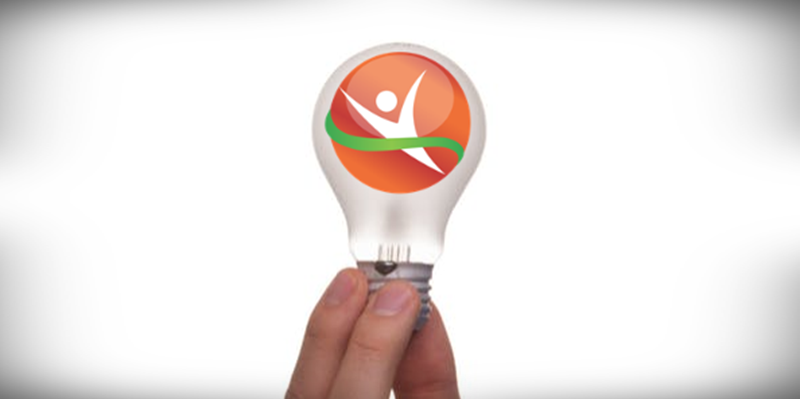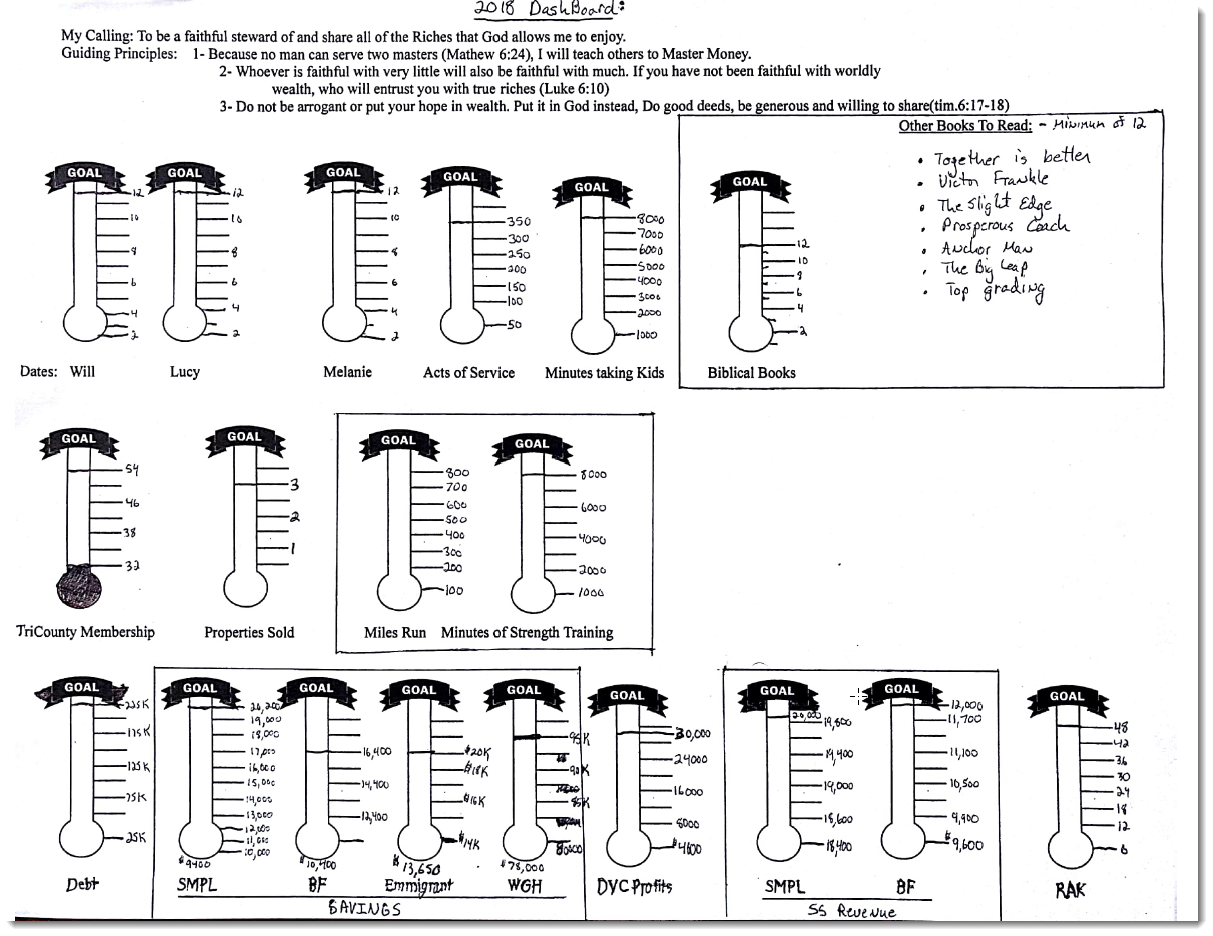What is Lifeonaire?
 Mike is one of those people who’s truly a joy to coach. Once he decides a change must be made to his life to get him closer to his Vision, he simply makes that change.
Mike is one of those people who’s truly a joy to coach. Once he decides a change must be made to his life to get him closer to his Vision, he simply makes that change.
- He does it in a very straightforward and intentional way,
- He measures his new results to ensure he’s getting the results he wants,
- Then tweaks and modifies his approach until he achieves it.
Mike is willing to be vulnerable and authentic at an admirable level, and I firmly believe this fuels his progress.
I love this summary from him about what it means to be a Lifeonaire, and how he goes about making sure he achieves his Vision.
So whether you’re already a fellow Lifeonaire, just considering it, or even just curious, take a minute and read what Mike shares below. I think you will enjoy it. I know i did.
—Chuck Bauman
What is Lifeonaire?
Lifeonaire is a hard to define concept. So hard in fact, that even the founders admit to having a hard time concisely articulating exactly what it means to be a Lifeonaire.
Though it may sound oxymoronic, the Lifeonaire concepts are simultaneously simple, complex and profound. They are both tangible and abstract at the same time. They are time tested and proven yet somehow still perceived by many as unorthodox. There’s a dichotomy within them that makes them very difficult to package in a box with a neat little bow.
I have grown to love everything that Lifeonaire represents.
I belief in the principles more than I can rightly say here and often find myself wanting to convey to others how impactful the Lifeonaire philosophy is.
Sometimes I am able to convey the concepts as well as the magnitude of the impact that they have had on my life in a way that pleasantly surprises me. In these rare instances, I can literally see it “click” within the other person. Far more often though, I find myself stumbling as I try to share what it means to be a Lifeonaire.
And that’s why I’m writing this. In doing so I hope to improve my ability to articulate exactly what it means to be a Lifeonaire, and how becoming one has impacted my life. The following is meant to be both a Nuts and Bolts description of Lifeonaire as well as an expression of the transformative results that I have experienced since adopting this new way of thinking.
Prior to Lifeonaire, I had a good life.
Nothing to complain about per se, but I also had this nagging feeling that something was “off” or that “there must be something more”. I was happy but part of me knew that I was not on the right path to true fulfillment. I had done everything that “they” said I should in order to be successful. I went to school, got good grades, received a Bachelor’s, Master’s and Doctoral Degree in Physical Therapy. I had a nice house, a beautiful wife and a young but growing family.
Life was good but, as I said something was missing. Lifeonaire helped me realize what the missing link was.
I was operating in default mode.

I was chasing society’s version of success without having ever defined success for myself. I just did everything that our culture implies I should. I did those things and, don’t get me wrong, experienced some great things as a result. But that nagging feeling of “there must be something more” always crept back in when the novelty of my last “achievement” wore off.
One of the primary tenets of the Lifeonaire philosophy is that…
If you do not define success for yourself, you will end up chasing someone else’s definition of success.
Sadly, most people spend more time planning a week long vacation than they do planning how they want their life to look. And as such, most folks (even very ambitious, goal oriented folks) are at risk of climbing the ladder of life only to realize that it was set up against the wrong wall.
That exactly where I was headed…up the ladder that I had unknowingly propped against the wrong wall. I was chasing society’s definition of success rather than my own.

Enter Lifeonaire!
Boiled down (and admittedly over simplified), Lifeonaire took me through a series of exercises that helped me not only become aware of what I described above, but also enabled me to discover my own intricate definition of success.
The exercises challenged my understanding of how the world works, how money works and how I work within those two big systems. I was, with the help of Lifeonaire, able to develop a Vision for what I wanted my life to look like.
This Vision is in essence my own written definition of success.
In writing this Vision I explored, on a far deeper level than I ever had before, what it is that makes me tick. I learned about my own personal values in a way that I never had before. I was also confronted with the reality that the way I spent my time each day was not necessarily a reflection of those values.
Did you catch that? It’s important, that right there is the “thing that was missing” before. That feeling of “offness” that I mentioned above was simply an internal (and all too subtle) indicator that I was not living in full alignment with my values.
The way I spent my time each day was not a true reflection of my values…
Lifeonaires understand that how we spend our time and money is a direct reflection of our values. While I would have told you that my wife and children were far more important than my job, I regularly spent 40-60 hours per week at my job and less than half that with my wife and kids.
This is just one example of many but it illustrates why “something felt off”. I was not living with financial and temporal integrity.
I was essentially living a lie.
The way I spent my time and money was not congruent with what I truly valued. Lifeonaire opened my eyes to this fact and then provided me with the tools and support to take corrective action.
Believe me when I say it’s not easy. Bills need to be paid and needs must be met. There’s no getting around that. But solutions exist and Lifeonaire was that solution for me.
Lifeonaire implores people to flip traditional thinking upside down—rather than default into a life where we plan our career or design a business first and then hope to slip some life into the down time (or spend all our time trying to save enough money to buy our freedom back at some point down the road -ie retirement).
Lifeonaire insists that we design our life first and then figure out a way to slip a business or career into the time that’s left over.
Once armed with a strong and inspiring Vision, I committed to making that Vision a reality. To do so, I did a couple things.
First I, at the advice of the folks at Lifeonaire, scored a couple quick wins. I started picking the low hanging fruit and executed the Vision elements that weren’t nearly as out of reach as I would have assumed they were before working through the Lifeonaire exercises. I also developed a plan to work toward the Vision elements that were going to take longer to achieve.
One of the tools I developed to help me is what I call my Thermometer Dashboard.
The Thermometer Dashboard
Prior to Lifeonaire, my success was primarily gauged by achievement in one area. Success meant a nice car, comfortable house, bills paid with ease, etc. Essentially, I had one Thermometer to gauge success, a Financial Thermometer. The more money and nice things that I had, the more successful I was.
Of course, there were other elements of my life that were important (my wife, kids, health, etc.) but I would be lying if I said I spent anytime objectively examining how I was doing in those areas.
Lifeonaire taught me that my own individual set of values could not be measured with just one thermometer, and I needed to have a gauge for each of my values. And to address this need, I developed my Thermometer Dashboard.
It is basically a pictorial representation of my Vision, and I assigned a performance indicator or two to each of my Vision Elements.
For example, to gauge my success in the Family arena, I elected to measure how many dates I went on with my wife as well as how many I went on with each of my kids. To gauge my success in health, I elected to measure how much alcohol I drank and how much exercise I performed.
Of course, these Vision Elements and the metrics that are used to gauge them will differ from person to person but you get the idea. And yes, I still have and refer often to my Financial Thermometer. I combined these Thermometers onto a one page print out that I can, with a quick look, identify how I am doing in any given area.
I can also see, over time, if I am neglecting certain areas in my life. Lifeonaire helped me to understand the value of balance in my life and not just in the superficial “balance is good” kind of way but at a far deeper level.
As mentioned above, the process of creating a Vision helped me figure out why I felt like something was “off”. From there I worked to align my daily life with my Vision so that I could eliminate that feeling of “offness”.
My days are now filled with a feeling of purpose.
I spend most of my energy working to advance my Vision. Sometimes that is done directly (purchasing an asset to enhance my financial standing, going on a date with my wife, etc) and sometimes it is more indirect (personal growth, meditation, prayer, etc.)
The Thermometer Dashboard represents the next and most recent iteration in my growth that Lifeonaire has spurred. Initially, I set out to “balance” the various Vision Elements. I simply tried to make sure I was spending time in each area on a regular basis. From there I started looking to make dramatic improvements in each area on a regular basis.
The Thermometer Dashboard has helped me understand that progress in one area can result in stagnation or regression in one or more other areas. Rather than accept this as an indelible truth, I have discovered that I am able to predict how the decisions I make in one area of my life might affect other areas.
I can then perform a cost benefit analysis to decide if moving Thermometer X up two notches is adequate justification to experience a stagnation of slight decline in Thermometers Y and Z. If the costs are too great, I can decide to pass on whatever that opportunity is or, better yet, I can explore if there is perhaps a tweak in strategy that might increase the benefits or decrease the costs associated with the plans that I am considering.
It’s okay for life to be out of balance sometimes and for certain areas to go down now and then but my Dashboard (and the accountability that the Lifeonaire program offers) ensures that every decision I make is congruent with my values.
Essentially, every decision I make must move me closer to my overall Vision rather than taking me further away from it.
Said another way, every decision must move me closer to my own definition of success.
This Dashboard, as an extension of the lessons I have learned in Lifeonaire has enabled me to clearly see the non-financial consequences of my financial decisions and with that, I have gained a level of happiness that is closer to perpetual Joy than I have ever felt before. What’s more, I have unwavering confidence that this trend will continue.
—Mike Wagner
 What do you think? I’d love to hear your thoughts and comments below.
What do you think? I’d love to hear your thoughts and comments below.
—Chuck Bauman

